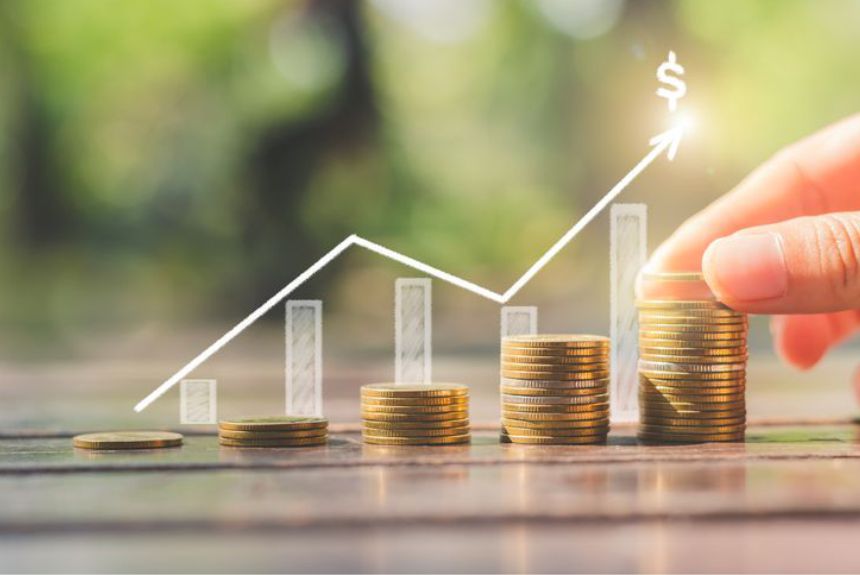
The Power of Compounding: Small Investments, Big Returns
1. What is Compounding?
Compounding is the process where your investments generate earnings, and those earnings are reinvested to generate their own earnings. Over time, this creates a snowball effect — your money grows faster as time goes on. It’s often called the eighth wonder of the world because of its incredible long-term impact.
2. Difference Between Simple Interest and Compound Interest
- Simple interest only earns interest on the original principal.
- Compound interest earns interest on both the principal and the accumulated interest.
Example:
₹10,000 at 10% for 3 years - Simple Interest = ₹3,000
- Compound Interest = ₹3,310 (more due to compounding)
3. Why Starting Early Matters
Time is the most powerful factor in compounding. The earlier you start investing, the more time your money has to grow. Even small investments made early can outperform larger investments made later.
Example:
- Start at 25: ₹2,000/month for 30 years → ₹75+ lakhs
- Start at 35: ₹2,000/month for 20 years → ₹35+ lakhs
(Assuming 12% return)
4. Small Investments, Big Impact
You don’t need to invest lakhs to see results. Regular small investments, like ₹500 or ₹1,000 per month in a mutual fund SIP, can grow significantly due to the power of compounding over 10-20 years.
5. Frequency of Compounding
The more frequently your returns are compounded, the higher the earnings. Compounding can be:
- Annually
- Quarterly
- Monthly
- Daily
Monthly or daily compounding grows faster than annual compounding.
6. Importance of Consistency and Patience
Compounding needs time and discipline. The longer you stay invested and the more consistent you are, the more powerful the compounding effect becomes. Avoid withdrawing or skipping contributions.
7. Avoiding Common Mistakes
- Withdrawing early breaks the compounding chain.
- Not reinvesting returns slows down growth.
- Ignoring inflation: Choose investment options that beat inflation to preserve the real value of money.
8. Real-Life Success Stories
- Warren Buffett started investing at age 11. Over 90% of his wealth was built after the age of 50 — thanks to compounding.
- Many Indian investors who consistently invest in SIPs for 15–20 years see their wealth multiply.
9. Best Investment Tools for Compounding
- Mutual Funds (SIPs)
- PPF (Public Provident Fund)
- Recurring Deposits
- Index Funds
- Stock Market (long-term holding)
All these options use the power of compounding when held for a long time.
10. Final Thoughts: Start Now, Stay Invested
The biggest secret of wealth building is not how much you invest — but how early and how long. Start small, stay consistent, reinvest returns, and watch your money grow over time.

 LVB - India
LVB - India